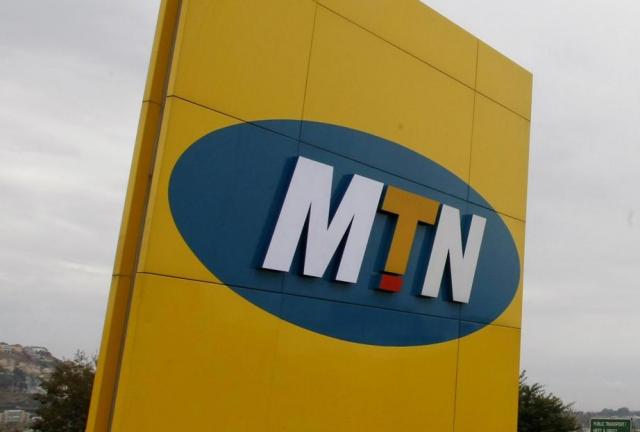South Africa-based telecommunications company, MTN, has revealed plans to invest ₦640 billion ($1.5 billion) over the next three years to increase broadband penetration in Nigeria.
The announcement was made by MTN Group President, Ralph Mupita, during his team’s visit from South Africa to Nigeria.
Other members on the team were Tsholo Molefe, MTN Group Chief Financial Officer; Ernest Ndukwe, MTN Nigeria Chairman; and MTN Nigeria CEO, Karl Toriola.
They met with Nigeria’s president, Muhammadu Buhari; Vice President, Yemi Osinbajo; the Minister of Communications and Digital Economy, Isa Pantami; Nigerian Communications Commission (NCC) Executive Vice Chairman, Umar Danbatta; and the President of the Central Bank of Nigeria, Godwin Emefiele.
Mupita stated that this move is in line with their 2025 ambition to lead digital solutions for Africa’s progress, adding that the benefit of a modern and connected life is something everyone deserves as this will help to foster digital transformation on the continent.
Their ambitions align with Nigeria’s national broadband plan, inaugurated by Isa Pantami on December 19, 2019, with goals to increase broadband coverage in the country from its currently alleged 45.09% to 90% between 2020-2025.
At the meeting, Mupita also applauded the Nigerian government for recently inaugurating a committee on Spectrum auction for the deployment of 5G services in the country.
Although not precisely stated, the telco might invest in more projects geared towards mobile technology, fibre optic cables, satellite technology, wireless spectrums like 5G and more transceiver base stations.
Before now, we have explored the issue of Internet affordability in Nigeria, using a report that ranked Nigeria 85th out of 85 countries with the least affordable Internet and a counter-report that insists otherwise.
If all goes as planned, the investment by the telecom giant will go a long way in improving Internet affordability in the country.
In recent years, there have been moves to deepen and improve internet infrastructure in the country, from government-backed initiatives to private ones.
Yet, these moves have been crippled by various hurdles, ranging from low mass purchasing power — as many Nigerians more often than not live below the minimum wage — to unfavourable government policies.
Indeed, Nigeria has a long way to go if 90% of the populace will access fast and affordable Internet by 2025.











